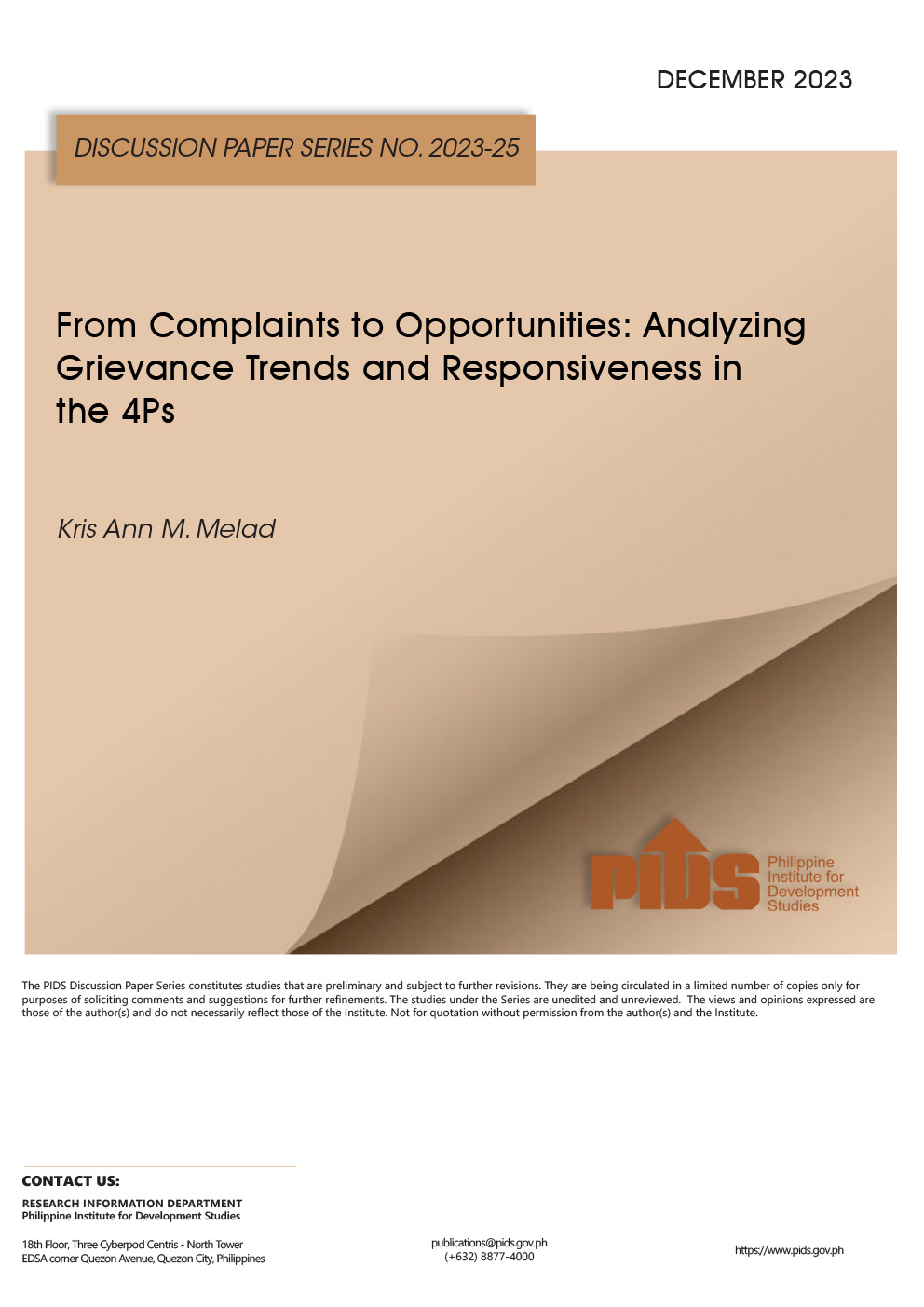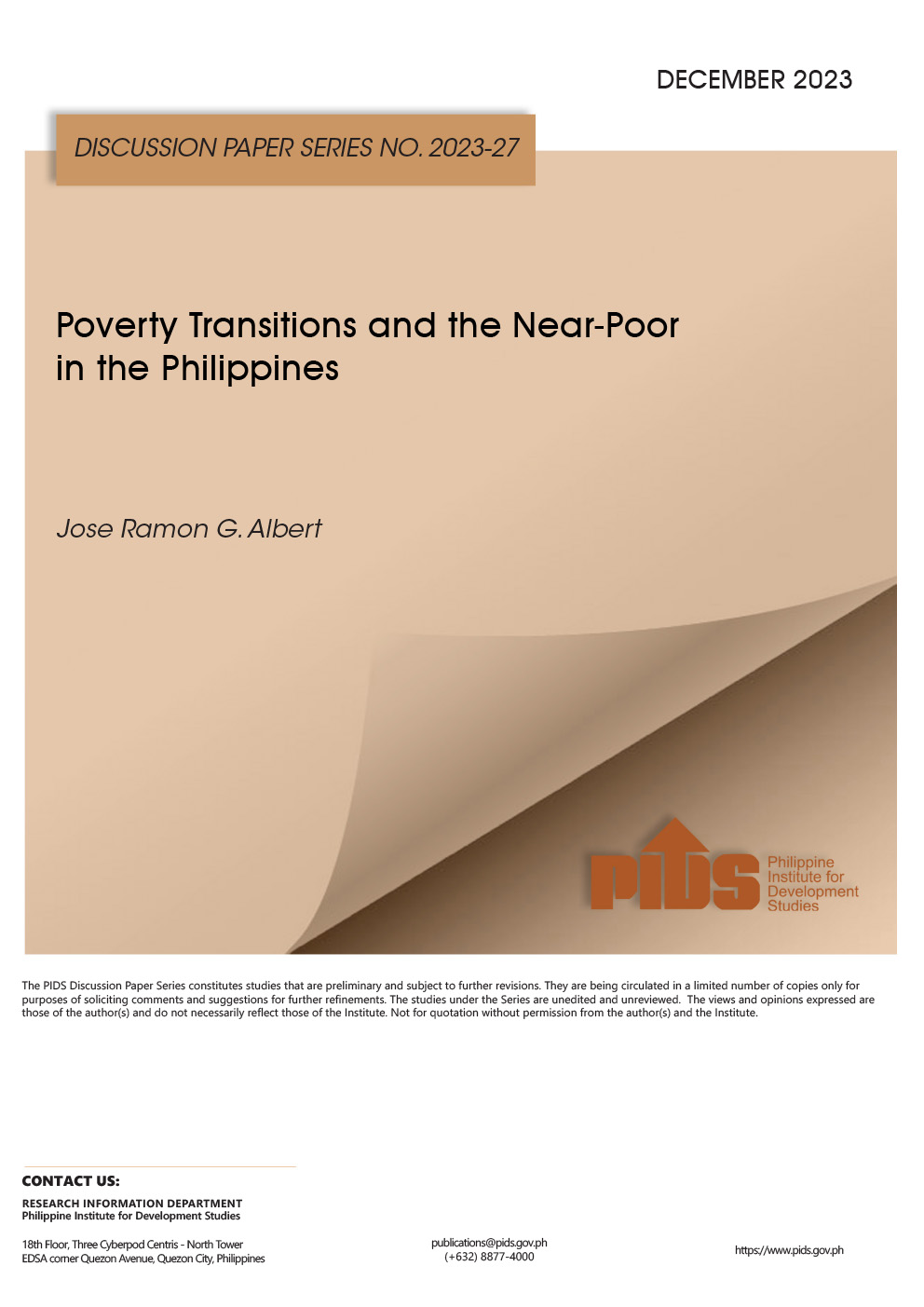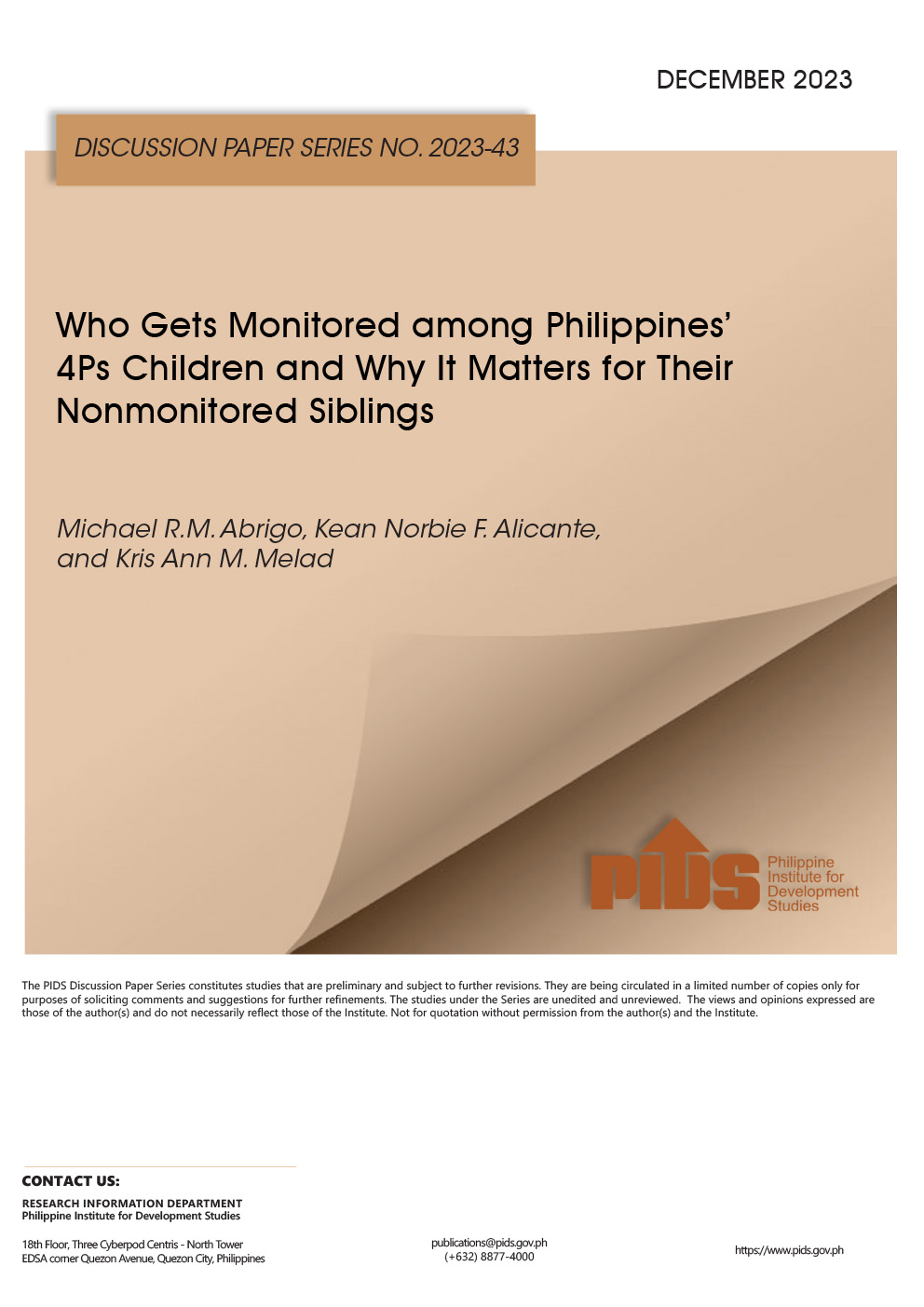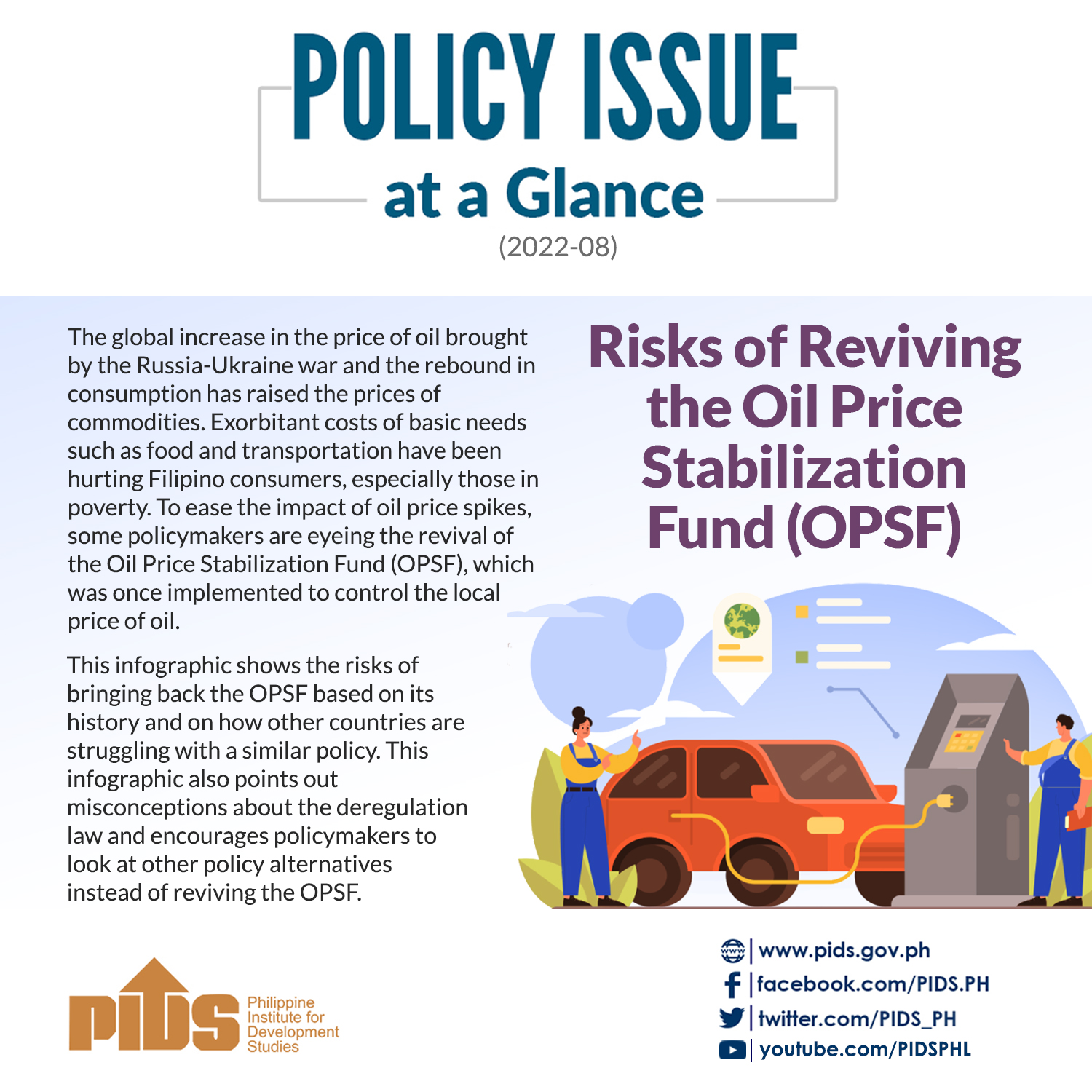THE projected increase in the price of processed meat products such as hotdogs will not significantly increase inflation but will be felt by both low- and middle-income households nationwide, according to economists.
The impact on inflation will be minimal as the weight of processed meat in the Consumer Price Index (CPI) is only at 0.29 percent, according to data obtained by BusinessMirror from the Philippine Statistics Authority (PSA).
Philippine Institute for Development Studies (PIDS) Research Fellow Roehlano Briones said if there will be an effect on inflation, this will be observed in June. He added that an increase in prices of raw materials will have a smaller impact on prices.
“Not many” of the “core poor, before the pandemic,” could afford “to buy hotdog especially in remote areas that are far from stores with refrigerators,” he noted. “[But for the] near-poor up to middle class, [the impact will be] most prominent, especially those living in urban areas. They will be the ones who will feel the increase in the prices of processed meats like hotdogs,” Briones told
BusinessMirror in a phone interview on Wednesday.
Briones believes, however, that households will still continue to buy the products because the increase in prices will be minimal. Based on PSA data, the weight of processed meats in prices in the National Capital Region (NCR) is 0.18 percent while in Areas Outside NCR, it’s at 0.11 percent.
The PSA said the weight of processed meat products in the CPI of the poorest Filipinos—comprising the bottom 30 percent of households—is higher at 0.57 percent.
National Statistician Claire Dennis S. Mapa said this is because food takes up a larger portion of the CPI when it comes to poor households.
Worsening diet
Meanwhile, given that times are hard due to the pandemic, Briones said Filipino households could reduce the amount of processed meat in their diets in favor of cheaper alternatives.
This, De La Salle University economist Maria Ella Oplas said, could lead to more of these households replacing processed meat alternatives with sardines and instant noodles. This, she said, will lead to a deterioration of their nutritional intake.
“With the increase in the prices of processed meat, people are now forced to look for alternatives. And healthier alternatives are more expensive. So what’s next in line? Sardines? Instant noodles?” Oplas said. “The poorest of the poor will have no choice. They are the ones that will greatly be affected not only economically speaking but in terms of their nutrient intake.”
Ateneo Eagle Watch Senior Fellow Leonardo A. Lanzona Jr. told BusinessMirror that processed meats such as hotdogs have “become more essential” to households in recent years because they can be used in various recipes such as spaghetti or menudo.
Oplas said processed meats also serve as an alternative source of protein for “financially challenged Filipinos.” Further, the fast-paced lifestyle of Filipinos has made households more reliant on already cooked food such as processed meat products.
She added that these items can also be easily stored and last longer than fresh food items. This means households can easily stretch their budgets when they know they still have sufficient food at home.
However, these items have not yet reached the point of becoming inelastic goods—items that do not have substitutes and would continue to be bought regardless of their price. Lanzona said households will find other substitutes like fish.
The question now, Lanzona said, is whether the country has sufficient supply of these alternatives. He said this question leads to a more fundamental problem, and that is the government’s failure to modernize agriculture.
“I think for both low and middle classes, processed meat has become more essential since the unprocessed meat has become more expensive. So I guess this will affect both classes. But it is not price-inelastic. Maybe people will substitute it for other food, like fish. The question now is if we have enough seafood,” Lanzona said.
“The problem then still stems from the fact that we are not producing enough. Could all these be related to the pandemic? Or are these events bound to happen even without the pandemic? The problem remains fundamental,” he stressed.
Tariffs unchanged—Neda
Meanwhile, National Economic and Development Authority (Neda) Undersecretary for Regional Development Mercedita A. Sombilla told BusinessMirror that the tariff rates for MDM have not been changed and given this, it will help MDM importers keep their costs low.









